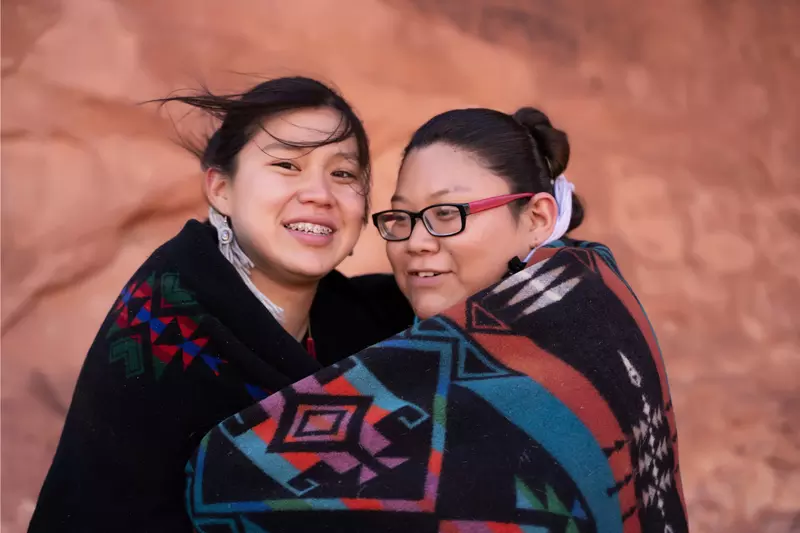- AdventHealth

Choose the health content that’s right for you, and get it delivered right in your inbox.
November is National Native American Heritage Month. It’s a time to celebrate the rich and diverse cultures, traditions and histories of Native peoples — and to appreciate and learn more about the valuable contributions of their respective tribes.
Native American Medical Contributions
As we celebrate Native American Heritage Month, we recognize and honor our Indigenous populations and their essential contributions to medicine and public health. Native American peoples have been using traditional healing practices for hundreds of years. Their forward-thinking developments paved the way for many of our modern-day health practices and continue to influence the future of health care. Their contributions include but are not limited to:
- Baby bottles and formula
- Early vaccinations
- Electrolyte rehydration
- Mouthwash
- Pain relievers
- Sunscreen
- Suppositories
- Syringes
Health Disparities Among Native Americans
At AdventHealth, we recognize the importance of supporting the whole health of our Native populations for generations to come. We embrace and are always looking for ways to apply equitable and inclusive healthcare practices for all people. To do this well, we must first understand the existing health disparities and contributing factors that impact Native American communities.
Health Disparities
Health disparities are differences in the incidence, prevalence and mortality of a disease and the related adverse health conditions that exist among specific population groups. They are preventable burdens of disease, injury or violence experienced by populations who have been exposed to disadvantages in society, such as discrimination.
Native Americans experience a range of health disparities, including higher rates of tuberculosis, heart disease, diabetes, liver disease stomach cancer.
The Native American population also has the lowest life expectancy of any race or ethnicity in the United States. In 2021, Native American life expectancy was 65.2 years, compared to the non-Hispanic White life expectancy of 76.4 years. Sadly, 25% of Native American deaths occur before age 45.
Health Care Access
One factor that contributes to these disparities is access to health care. Although the Indian Health Service (IHS) provides care for 2.3 million Native Americans, most receive health care outside the IHS system. Tribal health facilities located in areas with the highest concentration of people face ongoing physician shortages, which perpetuate health inequities. IHS data indicate a 25% physician vacancy rate at tribal health clinics. One-third of Native Americans live in rural areas, which also contributes to challenges in accessing care.
For more information about Native American contributions and health care experiences, please see Reshaping the Journey and Native Voices.
We Honor Every Patient
True healing begins when you feel safe, seen and heard. At AdventHealth, we strive to build trusting relationships between patients and providers, Extending the Healing Ministry of Christ to them and their families in all our interactions. Our expert, compassionate providers are ready to help you feel whole — in body, mind and spirit.
For personalized care you can trust, schedule an appointment with one of our caring providers today.


